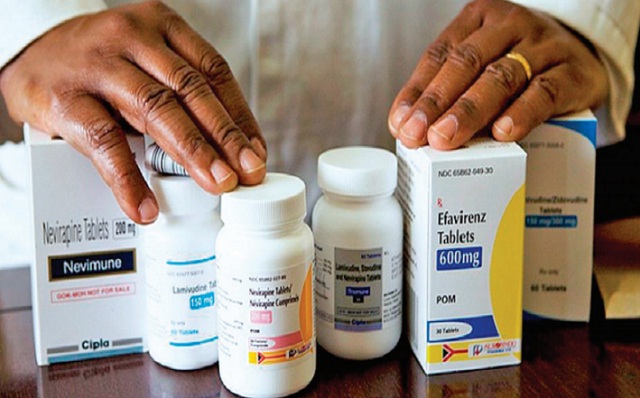
Kampala, Uganda | THE INDEPENDENT | Ugandan health experts are bothered that Uganda might not be able to meet targets on viral suppression among people living with HIV as a result of the poor response to poor performance among children.
The fear comes just two months to the year 2020 when the Joint United Nations Programme on HIV/AIDS (UNAIDS) set for countries to have achieved the target of 90-90-90 targets. Under the targets, UNAIDS anticipates that 90 per cent of the people will have tested for HIV, 90 per cent of those tested will have enrolled on treatment and 90 per cent of those on treatment will have suppressed the virus to undetectable levels.
But studies have shown that while other age groups have results of up to 80 per cent, the rate among children is far below the targets. It shows that only 46 per cent of children aged between zero to 14 years are adhering to treatment and have suppressed their virus to undetectable levels.
UNAIDS Uganda Country Director Dr Karusa Kiragu observes that while children don’t re-infect, the danger in not suppressing the virus is that the country is unnecessarily losing lives that would have been saved with adherence to treatment.
For her, while women are suppressing the virus at 72 per cent, they are not carrying their children along for treatment and as a result, because children’s treatment is highly dependent on the third partner who is a parent or guardian, they at times miss out on medication something that affects adherence.
According to medical experts, poor adherence is caused by missed or late doses, treatment interruptions and discontinuations, as well as sub therapeutic or partial dosing. They fear that this, in the end, triggers resistance, to one or more drugs in a given regimen and possible cross-resistance to other drugs in the same class.
But, Dr Sabrina Kitaka, a child health expert told URN in an interview this afternoon that adherence of children especially those below the age of two years has more to do with their production of white blood cells.
She, however, added that bigger children are challenged to adhere because of stigma and others are fatigued by the fact that they have to take medication every day.
Dr Kitaka adds that it’s for this reason that parents and guardians are being encouraged that at ten years they should disclose to their children that they are living with HIV so that they can appreciate why they have to be on treatment and why it’s important to adhere to it.
She added that because they want to simplify treatment for this age group, there’s currently a lot of research going on to ensure that children take all their doses and well.
From taking sour syrups all through up to ten years when the child is transferred to tablets depending on their weight, children above six months have now been transferred to a single dose of a combination of two drugs that are made in pellet form. These can be swallowed quickly because they are not sour and can be taken with milk, porridge or any other liquid.
At the Ministry of Health, Dr Joshua Musinguzi who heads the AIDS Control Programme says there are simplifying it further to forms that can dissolve since the complaint about some have been that children spill the drugs out because of the sour taste and only expose the virus to sub-optimal doses.
Studies for such forms of the drugs, he says, are on-going at different sites in Uganda including Mbarara Regional Referral Hospital, Baylor Uganda and at the Joint Clinical Research Center and that the first participants were enrolled in June.
According to UNAIDS Uganda figures, about 90,000 children below 14 years of age live with the virus.
*****
URN
 The Independent Uganda: You get the Truth we Pay the Price
The Independent Uganda: You get the Truth we Pay the Price
